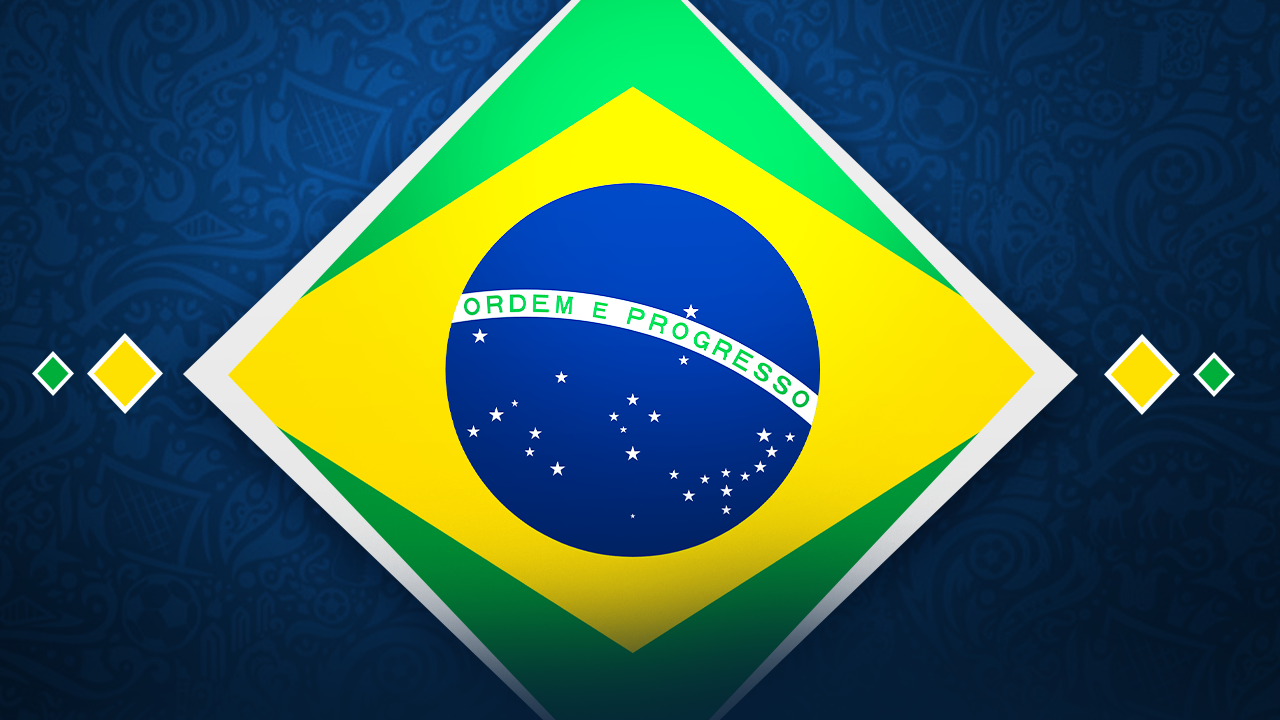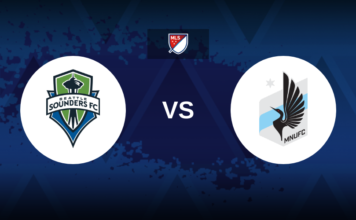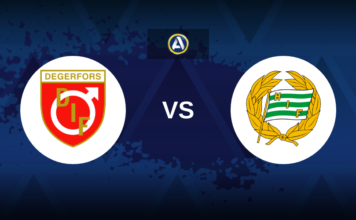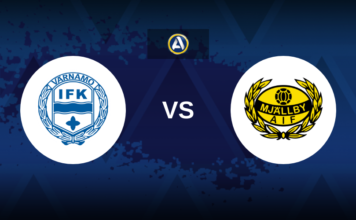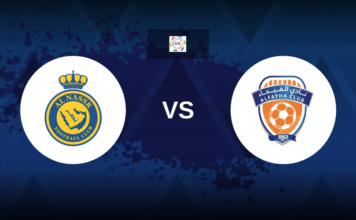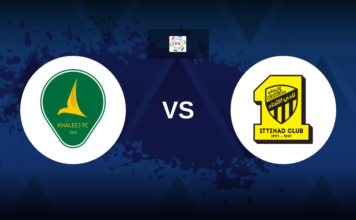When Brazil bowed out of the 2022 World Cup in Qatar, they were still the top-ranked team in the world.
Fast forward to 2025, and the story is very different. The most successful nation in World Cup history is now scrambling just to qualify for the next one. For punters following the twists and turns of South American qualifiers on platforms like Linebet app, Brazil’s slide has been both a shock and a potential opportunity.
Since Qatar, Brazil have won only seven of their last 18 competitive matches. The most alarming moment came in a brutal 4–1 loss to Argentina — a result that some fans found even more painful than the infamous 7–1 defeat to Germany in 2014. After the match, Vinícius Jr. said Brazil needed to “rethink everything.”
And he might be right.
Brazil’s Identity Crisis
Brazil’s greatness has always been about more than just trophies. Between 1950 and 2002, they won five of 13 World Cups and reached two other finals — but it was the way they played that set them apart. While European teams were built on structure and control, Brazil played with joy, freedom, and flair. It wasn’t just football. It was samba.
But times have changed. With European football booming, Brazil’s best players have long moved abroad at an early age. In 1970, every player on Brazil’s squad was based at home. By 1994, only three starters in the final played in Brazil. The same was true in 2002. The national team still had stars — Romário, Ronaldo, Ronaldinho — but many fans felt something had been lost along the way.
As results have dried up in recent years, the calls to return to that old identity have grown louder. The problem? The modern game — and its players — have evolved.
A Disconnect Between Talent and Tactics
Brazil still produces elite talent. Players like Vinícius Jr., Éder Militão, Marquinhos, and Rodrygo thrive in Europe. But their club football is shaped by European systems and coaches — disciplined, tactically aware, and often cautious.
Yet Brazil’s national team hasn’t fully embraced those ideas. While South American rivals like Argentina and Uruguay have modernized, Brazil has been slower to adapt. The coaching culture in Brazil has often been suspicious of foreign influence, and that reluctance has shown at both domestic and international level.
Even when Portuguese manager Jorge Jesus arrived at Flamengo in 2019, many doubted whether he’d last. Instead, he led them to the Copa Libertadores and the Brasileirão in his first season, forcing a rethink. Since then, four of the last six Brazilian league titles have been won by foreign coaches. But when it comes to the national team, old habits remain.
Brazil has only ever had three foreign managers, and they’ve overseen just seven games combined.
Coaching Choices and Missed Opportunities
After Tite stepped down following the 2022 World Cup, Brazil turned to domestic options. First Fernando Diniz, then Dorival Júnior — two of the top names in Brazilian coaching. But neither appointment worked out.
Under Tite, Brazil had found a balance. He wasn’t a traditional attacking coach — more of a “retranqueiro” known for defensive stability — but he’d taken time to study coaching methods in Europe, visiting Arsène Wenger’s Arsenal and Carlo Ancelotti’s Real Madrid. That mix of pragmatism and international insight worked. Brazil won the 2019 Copa América and lost just seven matches in Tite’s six years in charge.
Since his departure? Eight defeats in two years.
It’s not like the talent has disappeared. Alisson and Ederson are world-class goalkeepers. The center-back pool remains one of the strongest in world football. While full-back and midfield options are thinner, Brazil’s attacking talent should be enough to frighten any defence.
But without Neymar — aging and injured — the team has struggled for a leader. Vinícius Jr. hasn’t quite filled that void. Six goals in 36 appearances isn’t enough. Some of that falls on him. Some of it falls on the system around him.
Time for a Foreign Manager?
With results worsening and public confidence shaken, calls for a foreign coach are getting louder. The Brazilian Football Confederation (CBF) seems more open to the idea now. Carlo Ancelotti was approached in 2022 and 2023 — and remains a top target. Jorge Jesus, now coaching in Saudi Arabia, is another name in the mix. Brazil’s coaching culture may finally be shifting. And it might need to.
Can Brazil Turn Things Around?
It’s tempting to be pessimistic. But history offers a glimmer of hope. Before the 2002 World Cup, Brazil also struggled in qualifying. A late managerial change steadied the ship — and the team went on to win the tournament.
Can lightning strike twice? Maybe.
Brazil still has the talent. What they need now is direction — and the courage to evolve.
